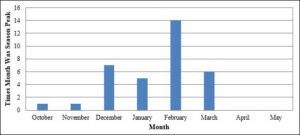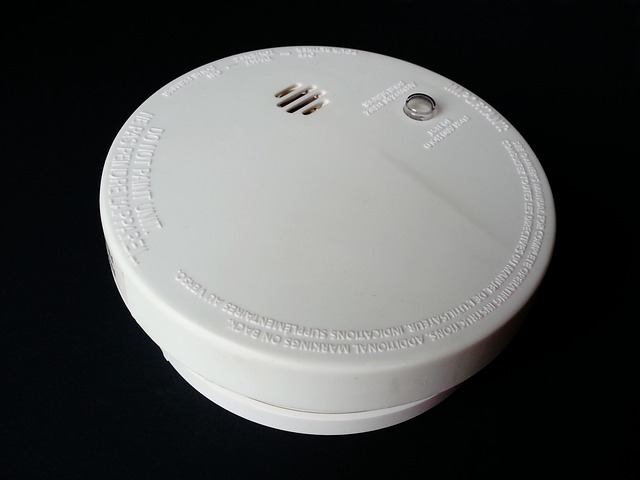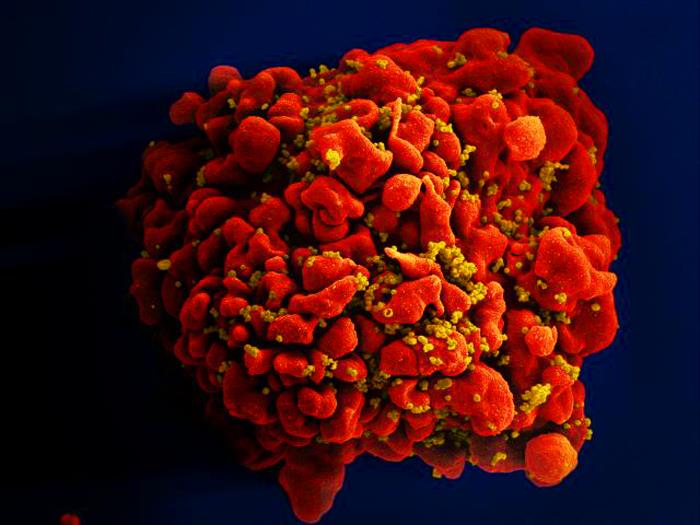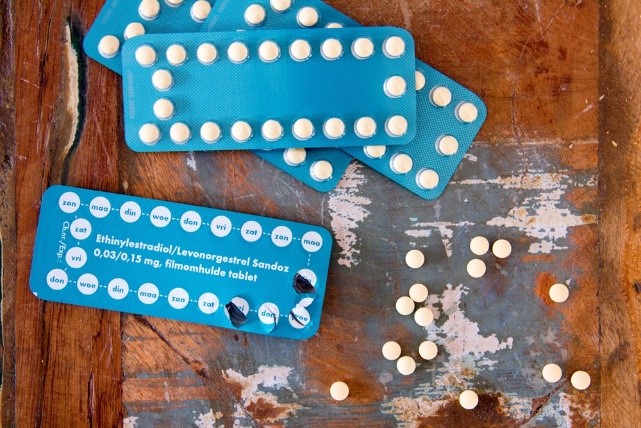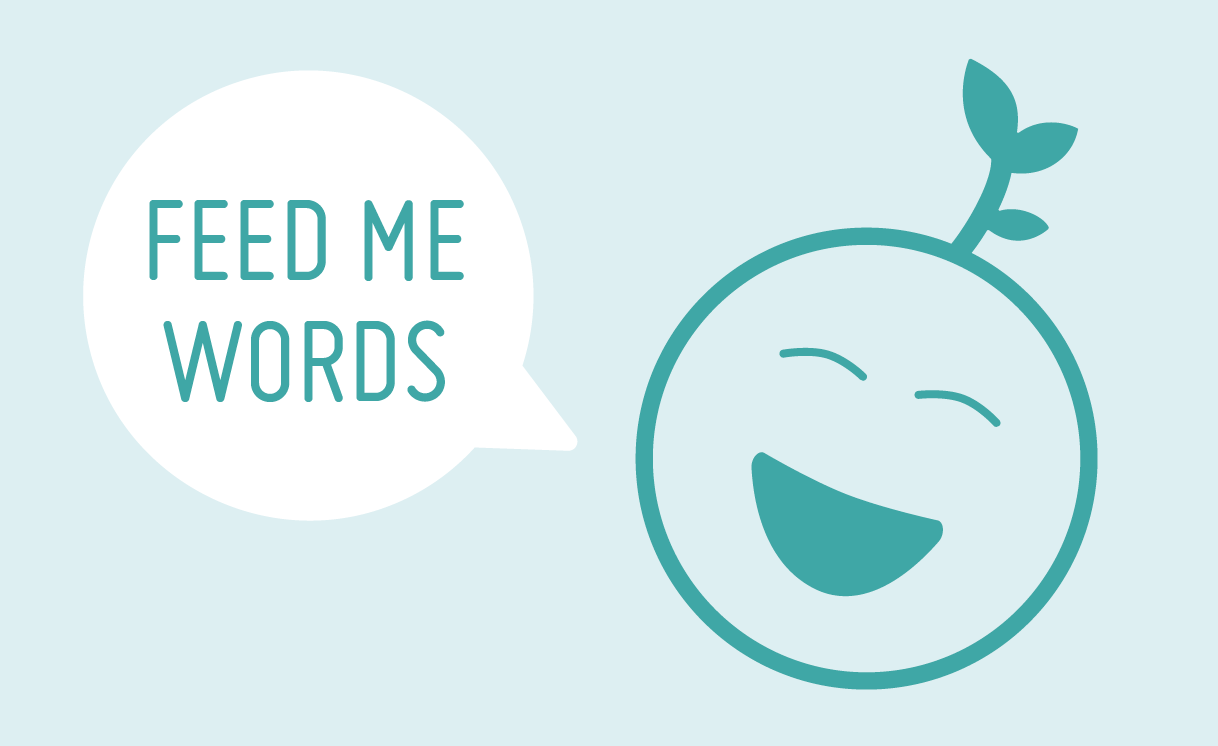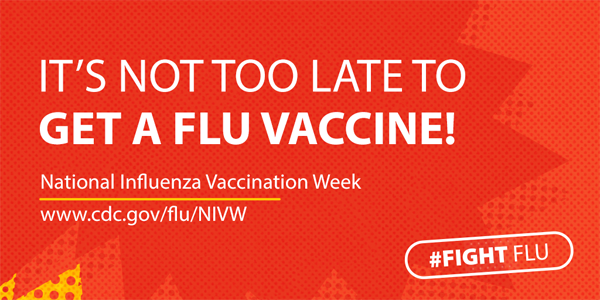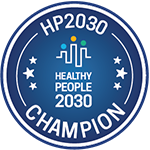Article written by AAFP News Staff on January 22, 2018.
About 3,500 sleep-related infant deaths occur each year in the Unites States, including those from sudden infant death syndrome, accidental suffocation and unknown causes.
That’s according to new information from the CDC, which saw sharp declines in sleep-related deaths during the 1990s after the national Back to Sleep safe sleep campaign (now called Safe to Sleep(www1.nichd.nih.gov)) debuted. However, this progress has slowed since the late 1990s, and data reported in a new CDC Morbidity and Mortality Weekly Report (MMWR)(www.cdc.gov) and related Vital Signs(www.cdc.gov) report showed the risk for infant sleep-related deaths persists.
“Unfortunately, too many babies in this country are lost to sleep-related deaths that might be prevented,” said former CDC Director Brenda Fitzgerald, M.D., in a news release.(www.cdc.gov) “We must do more to ensure every family knows the American Academy of Pediatrics (AAP) recommendations(pediatrics.aappublications.org) — babies should sleep on their backs, without any toys or soft bedding, and in their own crib. Parents are encouraged to share a room with the baby, but not the same bed. These strategies will help reduce the risk and protect our babies from harm.”
Data on Unsafe Sleep
The CDC analyzed 2009-2015 data from the Pregnancy Risk Assessment Monitoring System (PRAMS) to describe sleep practices for babies. A state-based surveillance system, PRAMS has monitored self-reported behaviors and experiences before, during and after pregnancy among women with a recent U.S. live birth since the late 1980s.
The CDC examined 2015 data reported by mothers on non-supine sleep positioning, bed-sharing and use of soft bedding (pillows, blankets, bumper pads, stuffed toys and sleep positioners) from states with available data.
Among states included in that analysis,
- about 22 percent of mothers reported placing their baby to sleep on his or her side or stomach,
- more than 61 percent reported bed-sharing with their baby and
- about 39 percent of mothers reported using soft bedding in the baby’s sleep area.
The percentage of mothers who reported placing their baby on his or her side or stomach to sleep varied by state, ranging from about 12 percent in Wisconsin to about 34 percent in Louisiana.
Placing babies on their side or stomach to sleep was more common among mothers who were non-Hispanic black, younger than age 25, or had 12 or fewer years of education.
Recommendations for Safe Sleep
The CDC recommends health care professionals do the following to promote safe sleep:
- Advise caregivers to place babies on their back for every sleep period; keep soft bedding such as blankets, pillows and other soft objects out of the baby’s sleep area; and share a room — but not a bed — with their babies.
- Ask caregivers about how they position their baby to sleep, identify challenges they face in following safe sleep recommendations, and help them find solutions.
- Model safe sleep practices in hospitals.
- Continue to follow the latest recommendations from the AAP for safe sleep.
“This report shows that we need to do better at promoting and following safe sleep recommendations,” said Jennifer Bombard, M.S.P.H., a scientist in the CDC’s Division of Reproductive Health and lead author of the analysis, in the news release. “This is particularly important for populations where data show infants may be at a higher risk of sleep-related deaths.”
The CDC said health care professionals can increase the likelihood that parents follow AAP recommendations by giving them accurate advice about safe sleep for babies. A previous study showed that only 55 percent of mothers reported receiving correct advice about safe sleep during pregnancy and baby care visits, 20 percent said they got no advice, and 25 percent reported getting incorrect advice.
Link to original story: www.aafp.org/news/health-of-the-public/20180122safesleep.html


